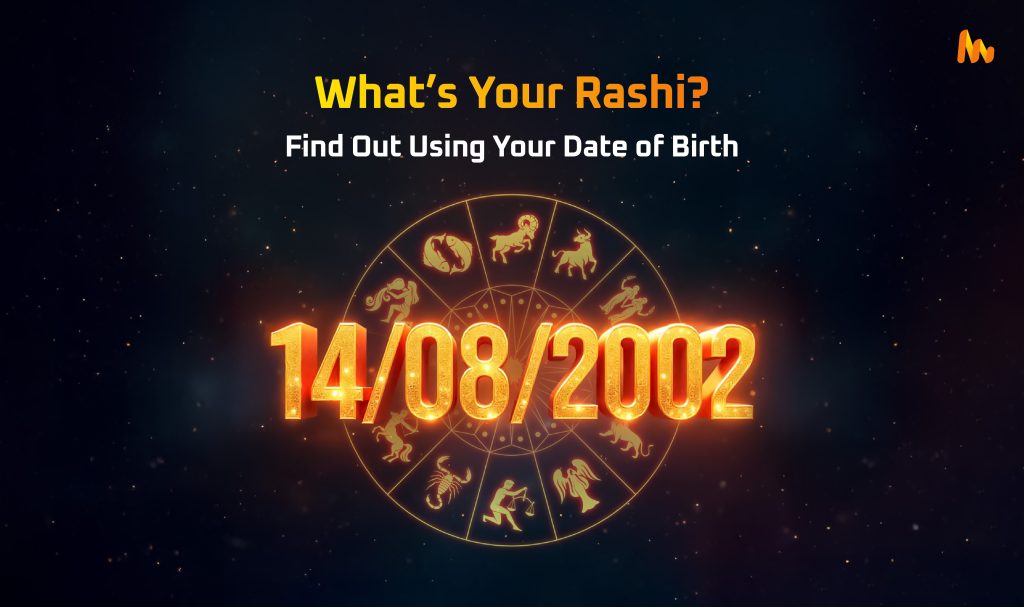Imagine checking the stars before you check the stock market. Sounds mystical? Not anymore. As more investors look for holistic insights into their financial decisions, a curious trend is re-emerging: Astro-finance—a fascinating intersection where celestial patterns meet market predictions.
From Wall Street traders consulting astrologers to retail investors scanning their birth charts for financial clarity, astrology is making its way into spreadsheets and stock portfolios. But how viable is this union? Can the ancient wisdom of the stars actually influence modern money matters?
Let’s dive deep into the world of astro-finance and understand whether it’s a quirky belief or a strategic financial tool.
What is Astro-Finance?
Astro-finance, or financial astrology, is the study of planetary movements and cosmic events in relation to financial markets. It attempts to predict market trends, stock behaviors, and economic cycles based on celestial alignments—like the phases of the moon, planetary retrogrades, and transits of Jupiter or Saturn.
While mainstream finance relies heavily on data, graphs, and economic indicators, astro-finance integrates birth charts, lunar cycles, and astrological houses that govern wealth and ambition.
In short, it’s the attempt to blend intuition and metaphysics with economics and market dynamics.
A Historical Glimpse: Stars and Stocks Have Always Danced
Astrology guiding finance isn’t a new-age concept. Ancient traders and kings often sought celestial guidance before making major economic moves.
- Babylonians used planetary positions to predict agricultural yields, which influenced trade.
- One of America’s most iconic financiers, is famously quoted: “Millionaires don’t use astrology, billionaires do.”
- A legendary trader in the early 1900s, developed theories combining time cycles, geometry, and planetary motion to predict stock prices.
Though modern investment advisors may scoff at it, financial astrology has quietly persisted alongside traditional methods for centuries.
How Does Astro-Finance Work?
1. Birth Chart of Investors
Each person has a natal chart that maps the planetary positions at the time of their birth. In astro-finance, astrologers analyze this chart to understand:
- Natural money mindset
- Risk appetite
- Best investment periods
- Wealth-generating planetary placements (e.g., Jupiter in the 2nd house or Venus in Taurus)
For example, someone with Mars in Aries might be impulsive in trading, while someone with Saturn in Capricorn may be conservative but consistent in building wealth.
2. Planetary Transits and Market Movements
Beyond personal charts, larger market behaviors are analyzed using planetary transits:
- Mercury Retrograde is often linked to market confusion, miscommunication, and poor investment decisions.
- Jupiter Transits bring expansion and optimism—favorable for bullish runs.
- Saturn Returns (every ~29.5 years) often signify financial restructuring or crashes.
Financial astrologers study how planetary angles (conjunctions, oppositions, trines) impact global events and sentiment shifts.
3. Lunar Cycles & Trading Behavior
Research has shown a correlation between full moons, new moons, and increased volatility in the markets. Traders and fund managers sometimes use lunar calendars to time entries and exits, especially for short-term trades.
The Appeal of Astro-Finance in Today’s World
1. Millennial & Gen Z Curiosity
Younger investors, particularly Millennials and Gen Z, are more open to unconventional tools like astrology, tarot, and numerology. With growing interest in personalized insights, astro-finance offers something unique—a cosmic blueprint to money-making.
2. Uncertainty Breeds Exploration
In a post-pandemic world where markets behave unpredictably, people are open to exploring beyond charts and algorithms. Astrology offers a psychological sense of clarity and control amidst the chaos.
3. Blending Logic and Intuition
Astro-finance doesn’t ask you to ditch fundamentals. Instead, it encourages blending quantitative data with cosmic timing—a right-brain/left-brain investment strategy.
Astro-Finance: Tools and Techniques Used
- Planetary Ephemeris: A table that shows the daily positions of planets. Essential for tracking transits and retrogrades.
- Software & Apps: Tools like Solar Fire, AstroGold, and AI-powered platforms like VedVaani help generate charts and analyze trends.
- Financial Horoscopes: Weekly or monthly insights aligned with zodiac signs can help investors plan trades or big purchases.
- Muhurta (Auspicious Timing): In Vedic astrology, picking the right moment to initiate an investment or launch a business is vital for success.
Zodiac Signs and Money Personalities
Each sign has a unique approach to wealth. Here’s a quick snapshot:
- Aries: Bold risk-taker; fast money, fast exits.
- Taurus: Cautious and long-term; values tangible assets.
- Gemini: Loves trends and crypto; needs variety.
- Cancer: Emotionally tied to financial security.
- Leo: Seeks luxury; loves investing in status-driven assets.
- Virgo: Analytical and frugal; prefers stable returns.
- Libra: Balanced and often invests in art, aesthetics.
- Scorpio: Strategic; interested in hidden assets or speculative investments.
- Sagittarius: Big risk, big reward. Loves international markets.
- Capricorn: Methodical builder; trusts real estate and retirement plans.
- Aquarius: Tech-savvy and futuristic; likely to invest in AI or green tech.
- Pisces: Intuitive investor; may rely on vibes and instincts.
Knowing your sign’s financial personality can help align your strategy with your natural tendencies.
Should You Trust Astrology for Investments?
Astrology isn’t a substitute for financial literacy or due diligence. But it can serve as:
- A supplementary insight tool
- A psychological checkpoint
- A timing assistant
Think of it as another lens to view the market—like sentiment analysis or behavioral finance.
Criticism and Skepticism: Is There Any Science?
Mainstream economists and rationalists argue that astrology lacks empirical evidence and statistical validation. Skeptics label astro-finance as pseudoscience driven by confirmation bias.
However, others believe that just because we don’t fully understand something doesn’t mean it lacks value. After all, market sentiment and investor psychology are intangible yet powerful—just like astrology.
As AI, big data, and quantum finance evolve, we may even find new ways to quantify cosmic patterns in finance.
The Future of Astro-Finance
The rise of personalized fintech platforms could soon include astrological dashboards. Imagine an app that alerts you when your stars align for making a profitable trade or algorithms that factor in Mercury retrograde while assessing market volatility.
With rising interest in spiritual wellness and holistic living, astro-finance could very well be the next evolution in behavioral investing.
Final Thoughts: Can the Stars Help You Make Money?
Astro-finance isn’t about choosing between astrology and analytics—it’s about integrating both. While it’s not a magic wand, it can offer you perspective, timing, and emotional awareness.
Whether you’re bullish on Bitcoin or betting on blue chips, a peek into your stars might just give you that edge.
So the next time you’re planning to invest, maybe ask yourself: what’s your sign… and is Mercury in retrograde?
Curious to know what your birth chart says about your financial future? Download the VedVaani app and let our AI-powered astrologers guide you on your money moves.




